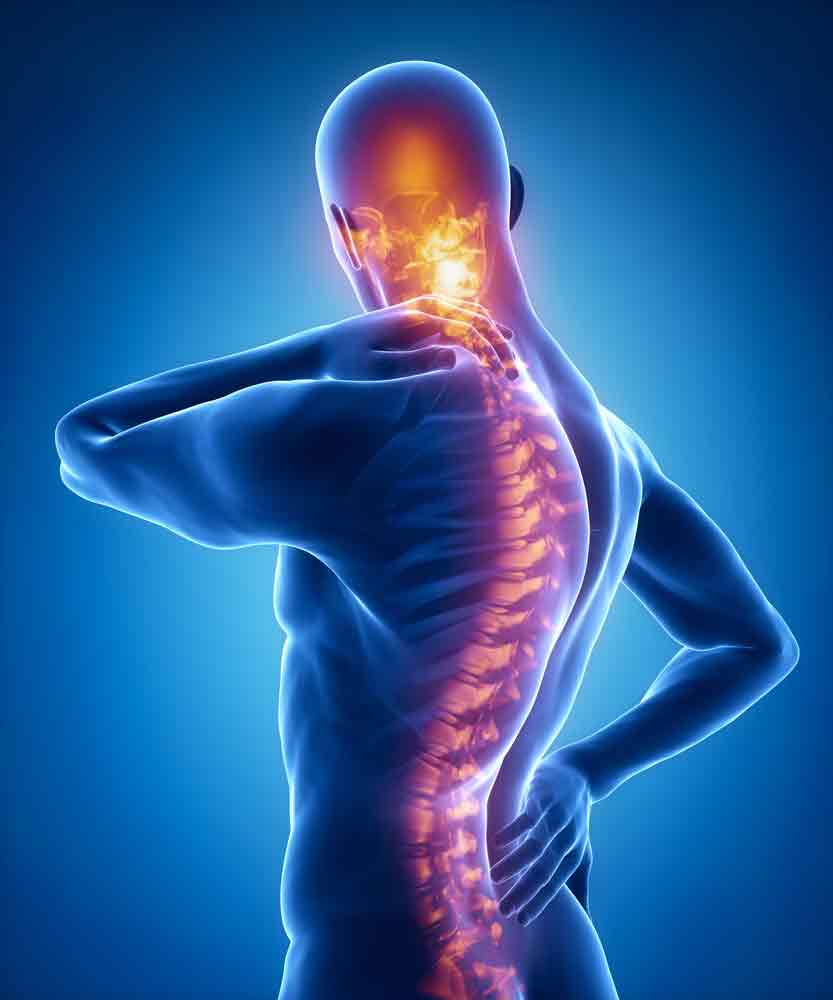Physiotherapy is a essential component of healthcare that focuses on improving physical function and enhancing quality of life. For numerous individuals, it acts as the connection between injury and recovery, providing customized exercises and treatment plans that cater to individual needs. As children grow and engage in various activities, they may encounter challenges that require specialized support. This is where pediatric physical therapy becomes essential, helping young ones deal with their way through physical hurdles while promoting overall well-being.
Comprehending what physical therapy entails can empower parents and caregivers to seek the appropriate help for their children. From addressing sports injuries to aiding in recovery after surgeries, physical therapy offers numerous benefits that extend beyond mere rehabilitation. With a growing emphasis on preventive care and holistic health, identifying the signs that a child may need physical therapy is essential in fostering their development. In you can try here , we will investigate the various aspects of pediatric physical therapy, shedding light on how it helps children succeed and the numerous ways it contributes to their ongoing physical and emotional health.
Understanding Child Physical Treatment
Child physiotherapeutic treatment focuses on the identification, management, and management of movement disorders in youth. This dedicated branch of physical therapy addresses a wide range of issues, from developmental delays and congenital disabilities to injuries incurred from athletic activities or injurious events. By employing tailored Find Out More and activities, youth physical therapists aim to improve kids' mobility skills, enabling them to take part in daily life and play.
One of the primary objectives of child physiotherapeutic treatment is to foster mobility and motor skills in children. Therapists partner with children to create individualized exercises that not only address their specific needs but also ensure they are motivated and motivated. This can include fun, game-like approaches that make therapy sessions enjoyable, creating a positive experience that encourages ongoing involvement and advancement.
Moreover, child physical treatment often involves collaboration with families and additional health workers to create well-rounded treatment plans. By incorporating the perspectives and opinions of family members, therapists can guarantee that the strategies used in therapy are reinforced at home and in school. This comprehensive approach is crucial in promoting a child's overall development, social interaction, and quality of life.
Benefits of Physical Therapy for Children
Physiotherapy offers a multitude of benefits for children, notably in their development and progress. It can help improve motor skills and coordination, which are crucial for everyday activities and sports. Through customized explanation and activities, physical therapists can target improving a child's power, balance, and flexibility, ensuring they reach developmental goals at an appropriate rate. This assistance is critical, especially for kids with developmental delays or those recovering from injuries.
In addition to bodily enhancements, pediatric physical therapy plays a vital role in increasing a child's self-assurance and self-image. Many children may feel discouraged or demotivated by limitations in action, and working with a therapist can help them overcome these hurdles. As they witness their own improvements and capabilities grow, children often develop a more positive self-image, which can carry over to other areas of their existence, including academics and social interactions.
Additionally, physical therapy is crucial in addressing chronic conditions such as cerebral palsy, spina bifida, and athletic injuries. By employing specific methods and treatments, therapists can provide kids with the skills they need to cope with pain, enhance movement, and enhance life quality. This continuous assistance not only facilitates healing but also provides children with insights to maintain their health and mitigate further challenges in the future.
Managing Treatment: Things Parents Should Know
When considering pediatric rehabilitation for your little one, it's essential to comprehend the specific benefits it provides. Pediatric PT is crafted to enhance a little one's physical skills, improve mobility, and aid their growth. Whether your kid is recovering from an injury, coping with a chronic condition, or has developmental challenges, specialized therapy can provide tailored strategies that allow them succeed. It's crucial to speak with a healthcare professional who understands your kid's specific needs to figure out if therapy is suitable.
At the first appointment, you can anticipate a comprehensive assessment of your kid's motor functions and difficulties. The therapist will check their range of motion, strength, balance, and coordination. This assessment will inform the creation of a customized treatment plan that aligns with your little one's goals and incorporates play into therapeutic exercises. Being ready with questions and information about your child's medical history can assist this process and ensure you get the most out of the session.
Participating in pediatric physical therapy not only focuses on particular injuries but also sets the groundwork for lasting fitness. These proactive measures can promote better mobility and coordination, which is important for participating in daily activities and sports. Additionally, continuous communication with the therapist assists monitor progress and adjust the treatment plan as required, guaranteeing your little one continues to progress in their physical development.

